Ghana
The Executive board of the International Monetary Fund Board on Wednesday approved a third disbursement of $114.6 million under Ghana’s three-year aid programme.
Wednesday’s approval followed a successful second staff level review in November, although concerns remained about the country’s financial management and rising inflation, the Fund said in a statement.
“The authorities should resolutely continue their fiscal consolidation efforts. With government debt continuing to increase and financing remaining a challenge, the 2016 budget rightly aims at a stronger consolidation than originally envisaged. In this regard, it is essential that the government sticks firmly to its policy of strict expenditure controls, by maintaining the wage bill within the budget limits, while controlling discretionary spending and protecting priority spending,” the fund said in a statement.
Wednesday’s approval brings total disbursements for Ghana to $343.7 million under the programme, which ends next year.
Ghana which is a major exporter of gold and oil, entered the $918 million financial assistance programme in April 2015, with the aim of restoring economic stability and boosting job growth.
The West African nation was once one of the continent’s strongest performers but a slump global commodity prices and a fiscal crisis which drove its debt-to-GDP ratio to more than 70 percent have put a brake on economic growth.
To compound the situation, the country is facing an electricity crisis that has crippled industries and made the government unpopular ahead of general elections later this year.



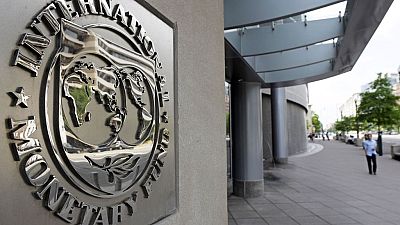

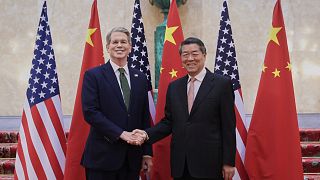
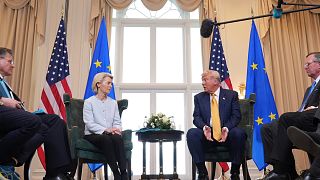
![DRC: Stability on paper, Mining rush in reality? [Business Africa]](https://static.euronews.com/articles/stories/09/36/24/64/320x180_cmsv2_5a5093ce-8cab-5f82-a735-bda26224d43f-9362464.jpg)


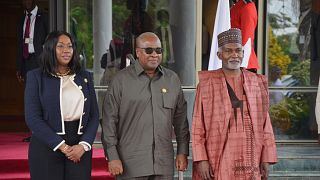
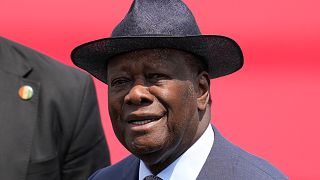
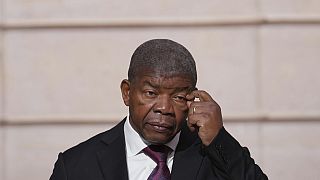
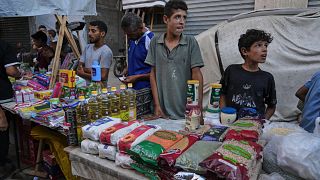
Go to video
DRC: speculations rise over potential government reshuffle on the horizon
01:28
IMF lauds Senegal for strengthening economy, amending debt position
Go to video
Kenya's debt costs to remain high as government relies on local borrowing, Moody's says
00:43
American agency S&P downgrades Senegal's credit rating from B to B-
02:20
Descendants of enslaved Africans find connection in Ghana
Go to video
U.S. slashes visa duration for some African nationals amid policy shift